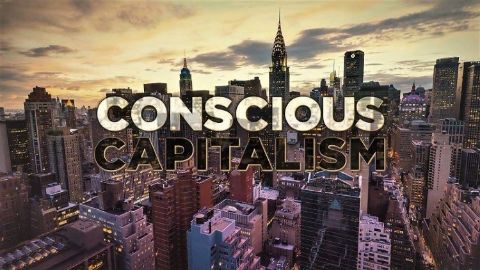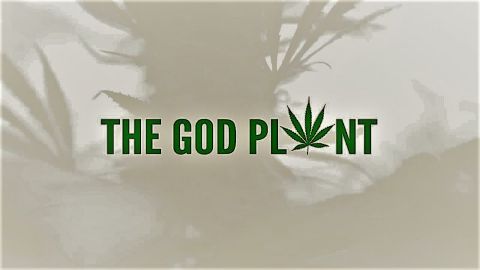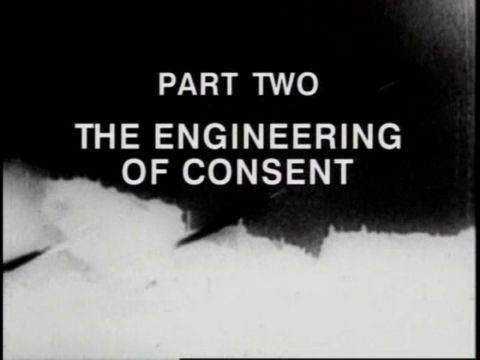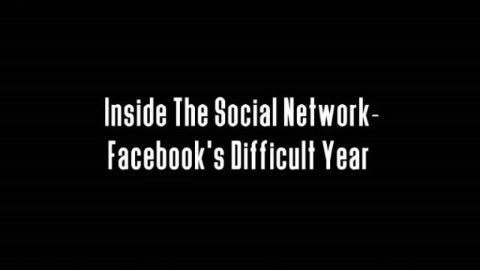The Men Who Made Us Spend • 2014 • 3 episodes •
In the first of this three-part series investigating consumer spending, Jacques reveals how the concept of 'product lifespan' holds the key to our ever-churning consumerism. Exploring the historical origin of planned obsolescence, when some of the world biggest electrical manufacturers formed a light bulb cartel in the 1920s, Jacques reveals how products that are essential to our modern lifestyles are still made to break. During his investigation, Jacques uncovers the process by which a crucial transformation happened and attitudes towards spending were transformed. Instead of needing new goods because our old ones were broken, we learned to want them for reasons of fashion and aspiration - awaking a consumer appetite that could never be satisfied. In the US, he visits a recycling centre where brand-new high-tech goods are destroyed before they have even come out of the box. Jacques also meets some of the companies that encourage consumers to be dissatisfied with what they have and encourage purchases as part of an ever-faster cycle of 'upgrades'. He asks a senior IKEA executive why, despite the company's commitment to sustainability, it still encourages repeated discarding and purchasing. Jacques also talks to a former senior Apple employee who reveals how the company's new focus on fashion, with its colourful iPhones, keeps us buying even when technological innovation slows.
2014 • Economics
In the second of this three-part series, Jacques reveals how fear remains one of the most powerful drivers of our spending. Visiting a neuroscience lab, Jacques hears from a consumer psychologist about how our brains are much more responsive to negative than to positive stimuli. He also meets some experts who have turned this knowledge into an art form, helping manufacturers make billions from our anxieties and insecurities. At the remote chateau of French anthropologist Clotaire Rapaille, Jacques learns how our sense of fear drives us in ways many of us do not understand - and how Rapaille's insights have helped companies sell us everything from SUVs to cigarettes. At the Beverley Hills pad of multimillionaire marketer Rohan Oza, he hears how Oza's connections to celebrities helped propel VitaminWater into the soft drink stratosphere, despite the fact that the product's health claims have been called into question. Jacques also confronts the men who say they are combating our most deep-seated fear - of age and decline. In Las Vegas, he mingles with the doctors and businessmen attending a global conference aimed at selling us ways to stay young and healthy, challenging them to justify their claims for the anti-aging business that has made them rich.
2014 • Economics
Jacques reveals how the lessons learned from selling to children were used to make childlike consumers of us all. From the rise of product-driven kids’ TV in the 80s, to the man who designed cars that appealed to children, and the contemporary creators of games that hook adults, Jacques asks how spending turned into a game – one that we can’t stop playing.
2014 • Economics







